Keywords: Public Intellectual
-
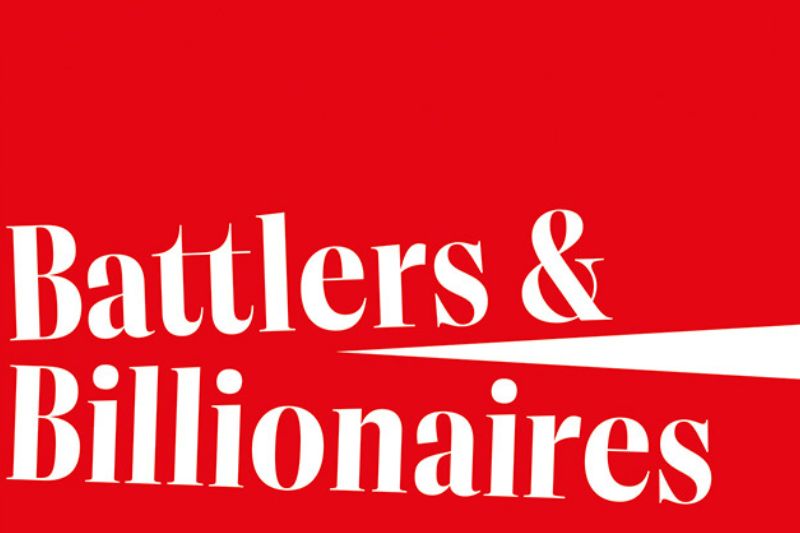
AUSTRALIA
- Andrew Hamilton
- 03 October 2024
In Andrew Leigh's new book, he argues that inequality matters because it threatens the sense of fairness that is central to our well-being, because inequality prevents the less well off from moving to relative affluence, weakens democracy, and erodes understanding of and commitment to the common good.
READ MORE
-
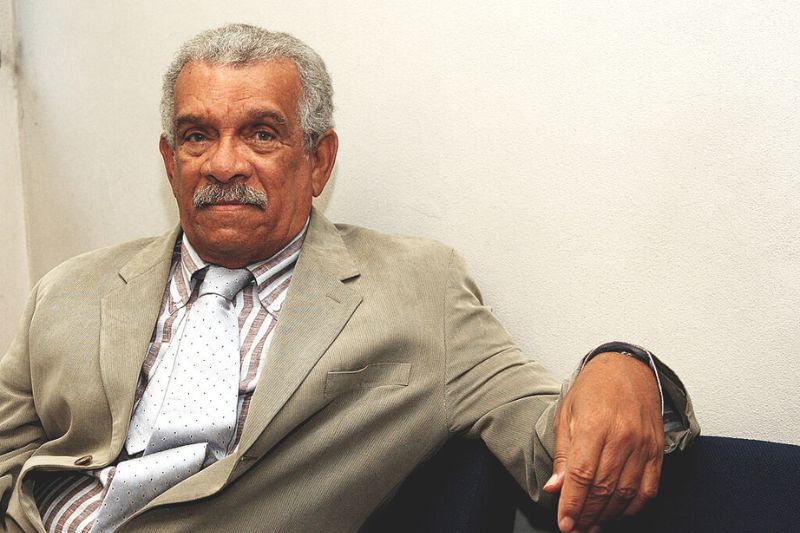
ARTS AND CULTURE
- Peter Steele
- 29 August 2024
Good poetry stops us in our tracks, visited as we are by whatever it is that has stopped the poet in his tracks. This agency may properly be, as in Walcott's case, something stemming from cultural marginality, from a fascination with the dramatic, from an equipoise between the lyrical and the epical, or from the interweaving of all these. (From the Eureka Street archives)
READ MORE
-
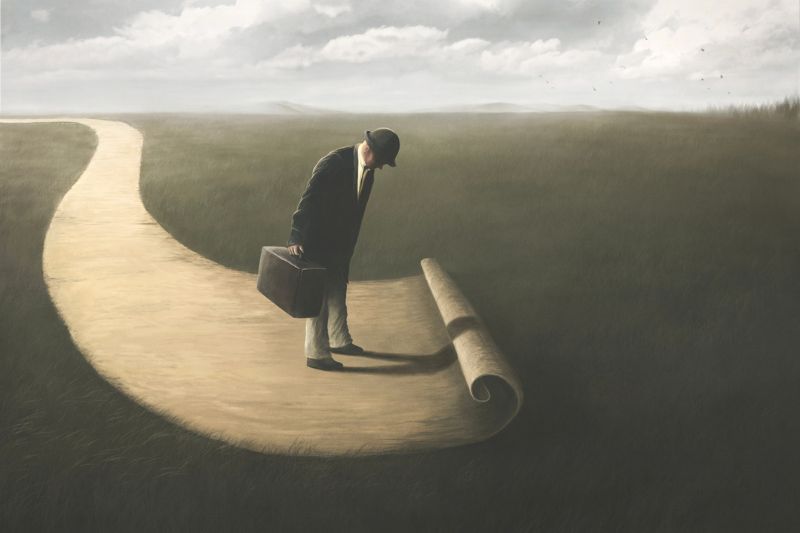
RELIGION
- Andrew Hamilton
- 21 August 2024
This year’s Social Justice Statement is ambitious in its scope. From the ravages of war to the erosion of truth, the statement challenges us to confront the root causes of our divisions and seek a path toward a more just and peaceful future.
READ MORE
-
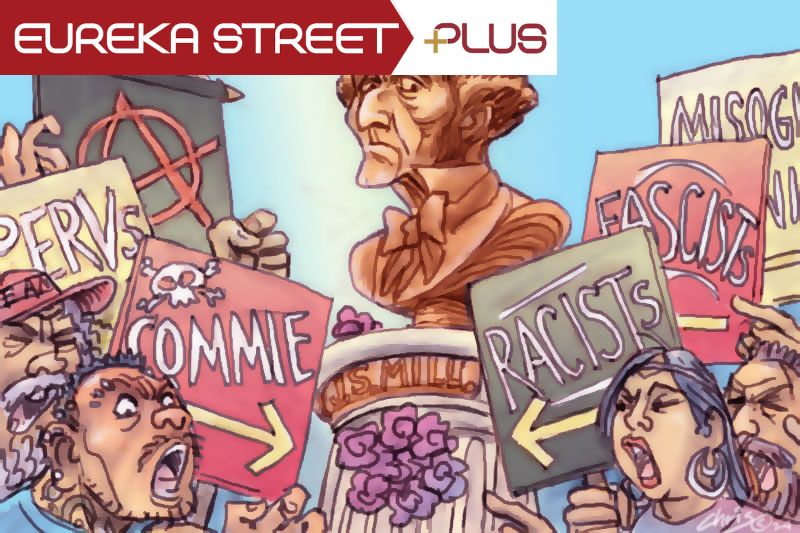
AUSTRALIA
- Russell Blackford
- 09 August 2024
Once the backbone of Western democracy, the philosophy championing free speech, tolerance, and civil political discourse is often reviled by those on both the Left and Right. In our desire for justice and meaning, is there a need to rediscover the principles that have long fostered human flourishing?
READ MORE 
-

MEDIA
- Andrew Hamilton
- 25 July 2024
Recent media pressure led to two high profile resignations. Joe Biden, after resisting pressure to do so, has abandoned his re-election bid and English professional football manager Gareth Southgate resigned. The part played by the media merits reflection on the human vulnerability of persons in public life and of those involved in reporting on it.
READ MORE
-
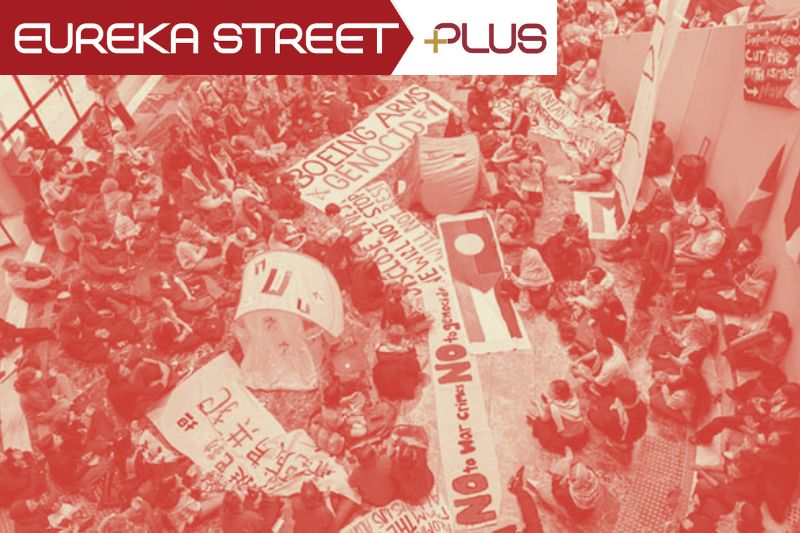
AUSTRALIA
In response to campus protests, universities erred on the side of free speech when every other day, the prevailing ethos is one of ‘safetyism’, namely suppressing speech or inquiry if an identity group frames it as ‘harmful’ to them. Universities should strive to be uncomfortable and ‘unsafe’ for all, with no identity immune from robust scrutiny.
READ MORE 
-

AUSTRALIA
- Barry Gittins
- 24 May 2024
In the latest Quarterly Essay profile of Peter Dutton, author Lech Blaine may well describe his work as character delineation, rather than character assassination. But we seem to be at an impasse in Australian market of ideas, and scorn gives greater bang for the buck than dialogue.
READ MORE 
-

RELIGION
- Michael McGirr
- 11 January 2024
In the realm of intellectual giants, Einstein's acclaim often overshadows luminaries like Pierre Teilhard de Chardin. A century after the publication of 'The Mass on the World', this Jesuit priest's reflections remain challenging, spotlighting his quest for a singular reality binding all existence.
READ MORE
-
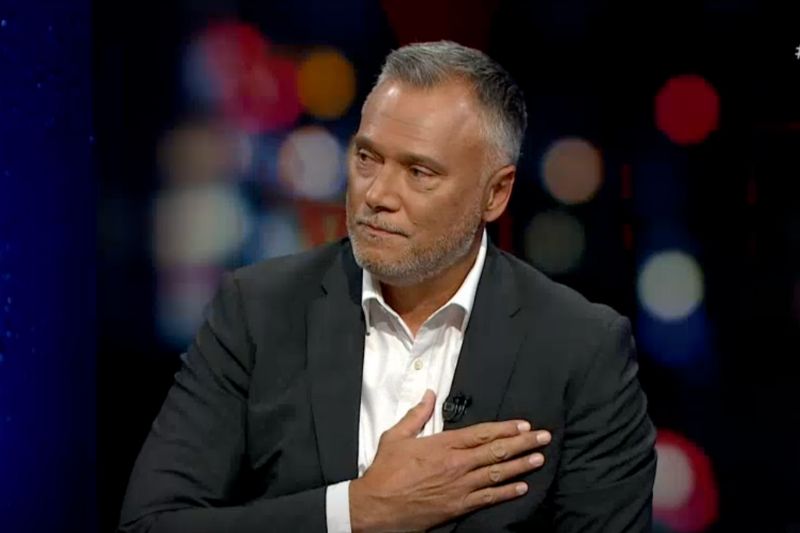
MEDIA
- Andrew Hamilton
- 11 January 2024
The departure of Stan Grant from his role at the ABC following racial abuse triggers collective dismay and brings to light the deeply rooted issue of racism in Australia. His exit from public life is a sobering reminder of the societal toll of bigotry, and underscores the urgent need to safeguard our public intellectuals.
READ MORE
-
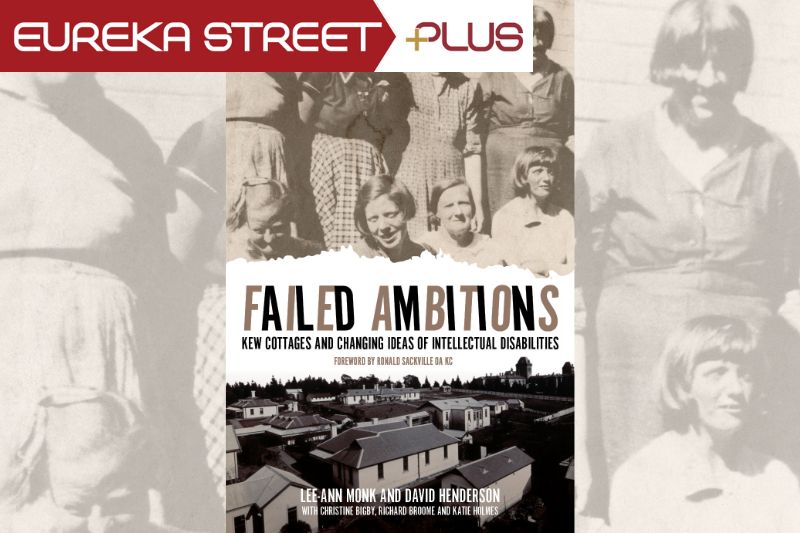
ARTS AND CULTURE
- Andrew Hamilton
- 25 August 2023
1 Comment
Failed Ambitions offers a complex exploration into the history of institutions for individuals with mental illnesses and intellectual disabilities. The book addresses the evolution of attitudes towards these communities, highlighting ongoing struggles with public stigma, systemic neglect, and the importance of giving voice to marginalised individuals.
READ MORE 
-

RELIGION
- Michael McGirr
- 21 August 2023
15 Comments
In the realm of intellectual giants, Einstein's acclaim often overshadows luminaries like Pierre Teilhard de Chardin. A century after the publication of 'The Mass on the World', this Jesuit priest's reflections remain challenging, spotlighting his quest for a singular reality binding all existence.
READ MORE
-

MEDIA
- Andrew Hamilton
- 31 May 2023
19 Comments
The departure of Stan Grant from his role at the ABC following racial abuse triggers collective dismay and brings to light the deeply rooted issue of racism in Australia. His exit from public life is a sobering reminder of the societal toll of bigotry, and underscores the urgent need to safeguard our public intellectuals.
READ MORE